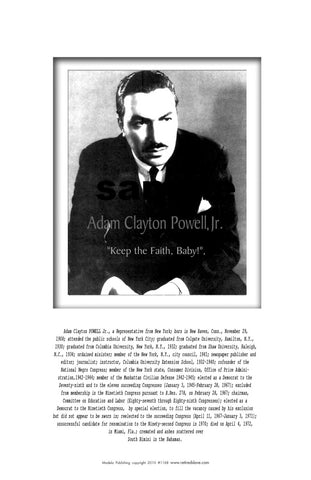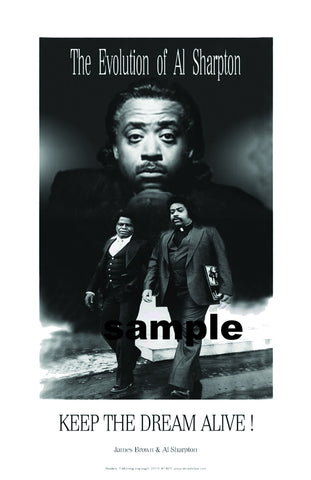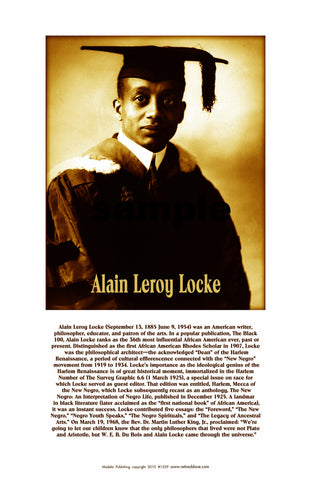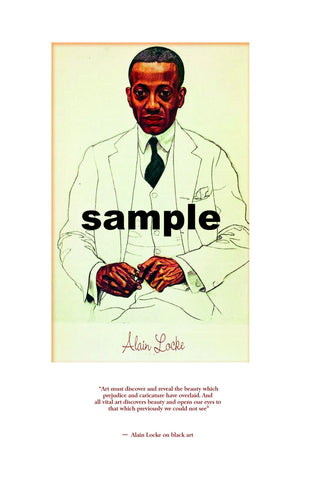James Weldon Johnson #1411
$ 8.00
Caption from poster__
Lift ev'ry voice and sing,
Till earth and heaven ring.
Ring with the harmonies of Liberty;
Let our rejoicing rise,
High as the list'ning skies,
Let it resound loud as the rolling sea.
Sing a song full of the faith that the dark past has taught us,
Sing a song full of the hope that the present has brought us;
Facing the rising sun of our new day begun,
Let us march on till victory is won.
Stony the road we trod,
Bitter the chast'ning rod,
Felt in the days when hope unborn had died;
Yet with a steady beat,
Have not our weary feet,
Come to the place for which our fathers sighed?
We have come over a way that with tears has been watered,
We have come, treading our path through the blood of the slaughtered,
Out from the gloomy past,
Till now we stand at last
Where the white gleam of our bright star is cast.
God of our weary years,
God of our silent tears,
Thou who has brought us thus far on the way;
Thou who has by Thy might,
Led us into the light,
Keep us forever in the path, we pray.
Lest our feet stray from the places, our God, where we met Thee,
Lest our hearts, drunk with the wine of the world, we forget Thee,
Shadowed beneath thy hand,
May we forever stand,
True to our God,
True to our native land.
James Weldon Johnson 1871 - 1938 James Weldon Johnson was born in Jacksonville, Florida. He was encouraged to study English literature and the European musical tradition. He attended Atlanta University with the intention that the education he received there would be used to further the interests of the black people. After graduation, he took a job as a high school principal in Jacksonville. In 1900, he wrote the song "Lift Ev'ry Voice and Sing" on the occasion of Lincoln's birthday; the song which became immensely popular in the black community and became known as the "Negro National Anthem." Johnson moved to New York in 1901 to collaborate with his brother Rosamond, a composer, and attained some success as a song writer for Broadway, but decided to take a job as U.S. Consul to Venezuela in 1906. While employed by the diplomatic corps, Johnson had poems published in the Century Magazine and The Independent. In 1912, Johnson published The Autobiography of an Ex-Colored Man under a pseudonym, the story of a musician who rejects his black roots for a life of material comfort in the white world. The novel explores the issue of racial identity in the twentieth century, a common theme in the writing of the Harlem Renaissance. He had a talent for persuading people of differing ideological agendas to work together for a common goal, and in 1920, he became the national organizer for the National Association for the Advancement of Colored People (NAACP). He edited The Book of American Negro Poetry (1922), a major contribution to the history of African-American literature. His book of poetry God's Trombones (1927) was influenced by his impressions of the rural South, drawn from a trip he took to Georgia while a freshman in college. It was this trip that ignited his interest in the African-American folk tradition.




